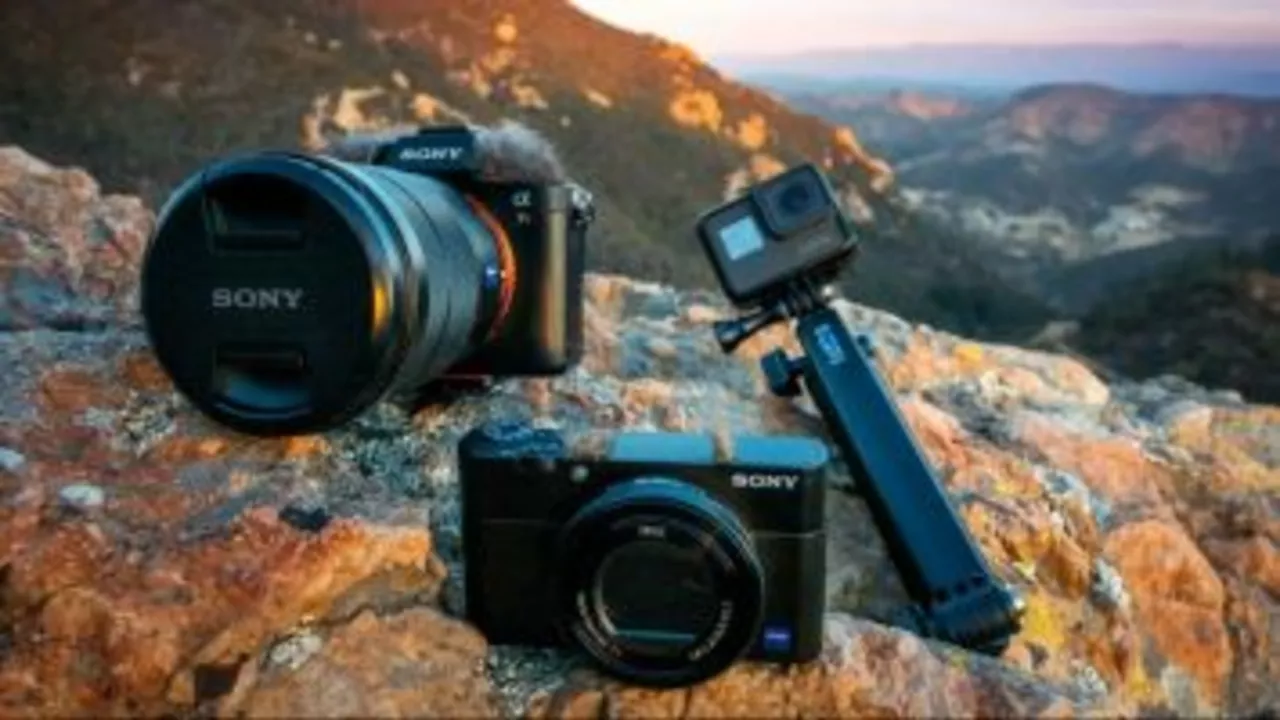Understanding the Basics of Camera Types
Before we delve into the specifics of which camera is best for photography and videography, it's crucial to understand the basics of different camera types. The three main types of cameras used by professionals include DSLR, mirrorless, and point-and-shoot cameras. DSLRs, or Digital Single Lens Reflex cameras, allow you to change lenses, giving you a wide range of creative control. Mirrorless cameras, on the other hand, are smaller and lighter than DSLRs, yet they offer the same quality of photos and videos. Lastly, point-and-shoot cameras are compact and easy to use, making them perfect for beginners or casual photographers.
Essential Camera Features for Photography
When it comes to photography, there are a few key features you should consider in a camera. The image sensor size is crucial as it impacts the quality of your photos. Generally, the larger the sensor, the better the image quality. Another important factor is the lens quality. A good lens can greatly enhance the sharpness and clarity of your photos. Additionally, the camera's megapixels count can affect the resolution of your photos. While more megapixels can mean higher resolution, it's not always the case. You should also consider the camera's ISO range, autofocus system, and image stabilization features.
Key Camera Specifications for Videography
For videography, some specifications rise in importance. The frame rate is one of the top considerations. Most cameras offer 24, 30, or 60 frames per second (fps), but for high-quality slow-motion footage, you may want a camera that can shoot at 120 fps or higher. Another vital feature is 4K video recording. While 1080p HD is still widely used, 4K provides four times the resolution, giving you much sharper and detailed footage. You should also consider the camera's autofocus system for video, image stabilization features, and microphone input.
Best Cameras for Photography
Now that we've discussed the important features for photography, let's look at some of the best cameras in the market. The Canon EOS 5D Mark IV is a top choice among professionals for its excellent image quality and advanced autofocus system. The Nikon D850 is another fantastic option with a high megapixel count and exceptional low-light performance. For those who prefer mirrorless cameras, the Sony Alpha a7 III offers excellent image quality, fast autofocus, and a wide ISO range.
Top Cameras for Videography
If videography is your primary focus, there are a few cameras that stand out. The Panasonic Lumix GH5 is a mirrorless camera that offers 4K video recording at 60 fps, making it perfect for professional videography. The Sony Alpha a7S III is another top choice, renowned for its incredible low-light performance and high-quality 4K video. If you're on a budget, the Canon EOS M50 Mark II provides excellent value with its 4K video and dual-pixel autofocus system.
Choosing the Right Camera for You
Ultimately, the best camera for photography and videography depends on your specific needs and budget. Consider what features are most important to you and how you plan to use the camera. Are you more interested in photography, videography, or a bit of both? Are you a beginner, a hobbyist, or a professional? By considering these factors, you can find the best camera that fits your needs. Remember, the best camera is the one that you'll use and enjoy using.
